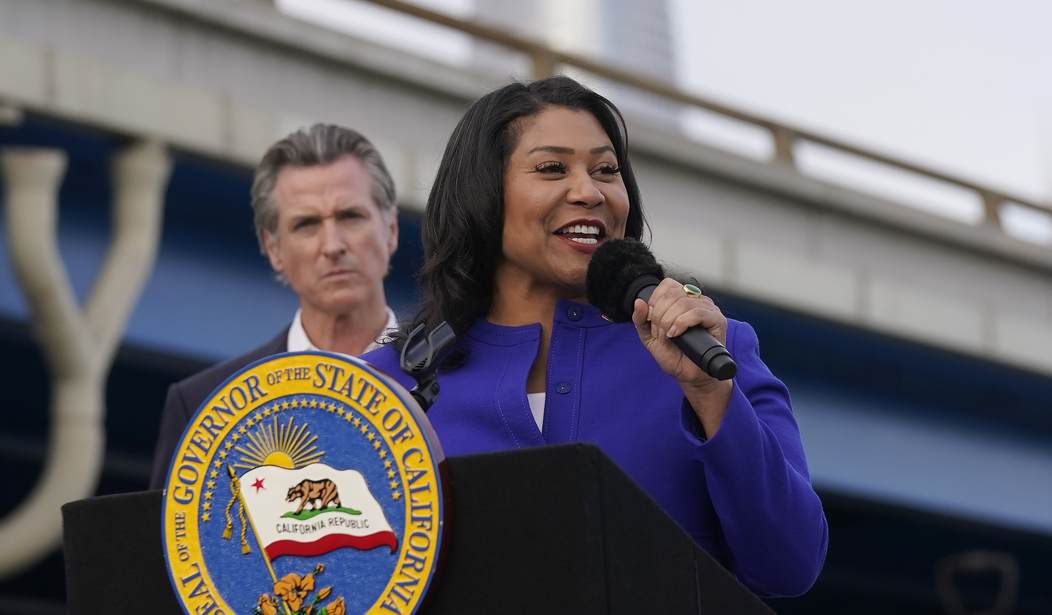"Defund the police," they said. "We'll replace them with social workers who will do an even better job," they promised. Then America's violent crime rate spiked so high that Los Angeles and New York City are among the 40% of law enforcement agencies nationwide that stopped sharing their crime data with the FBI.
So if you wanted to know why official crime numbers are dropping but the number of victims isn't, there ya go.
But all that is merely prologue to today's tasty dish of I Told You So, served with a generous dollop of schadenfreude.
I warned back in 2020 when the madness began that the criminal-loving progressives who run so many of our big cities wouldn't need to follow through on their threats promises to defund their city police departments. Simply demoralizing the police would have the desired effect of turning their serfs residents into crime victims.
I was right, too. In some cities, #DefundThePolice didn't amount to much more than a hashtag. Even in my brief hometown of San Francisco — where Mayor London Breed cut her teeth as a soft-on-crime progressive — "defunding" the police meant a $62.4 million budget increase between 2019 and 2022, or nearly 5%.
But, as I predicted, it didn't matter. San Francisco's crime problem wasn't going to be much improved by a 5% increase in the budget, and it probably wouldn't have been made much worse with a 5% cut. The fact is that the police there are the ones wearing handcuffs.
When the cops are told in no uncertain terms that City Hall does not have their back and that the DA's office will release criminals almost as quickly as the police can arrest them, then the men and women who make up the thin blue line will act accordingly. Even with full budgets.
But now the time to pay for past mistakes has come due in San Francisco, and even I was shocked by the butcher's bill.
By August of 2022, the city was short some 300 officers, with 50 veterans retiring the previous month and as few as eight recruits training to replace them. By early 2023, police response times had "grown markedly slower over the past four years, even though the cops are now fielding nearly 40 percent fewer calls."
People were making fewer calls, not because there was less crime, but because on the off chance the cops showed up in time, the DA would decline to prosecute.
"Even at $112,000 starting pay, fewer people want to be San Francisco cops," the San Jose Mercury News reported earlier this year.
If you thought, "Maybe San Francisco will just throw more money at the problem," pat yourself on the back. But I'd bet you'd never guess how much money.
Breed and her San Francisco Board of Supervisors just put their stamp on a ballot measure for the next election called the Deferred Retirement Option Program (DROP), which would give police gobs of money to stick around. According to SFPD Chief Bill Scott, the hope is that "If we can keep those members around a few more years as we fill the ranks of incoming officers, then the department will grow."
At a price:
"What DROP would do is that it would in fact allow in their last five years of employment officers to practically earn double their salary. They would earn that salary with that 20% pay raise bonus which we already agreed to last year to retain those officers," said Supervisor Ronen. "On average an officer that is enrolled in the DROP program would earn $447,000 a year, inspectors would earn $522,000 a year and sergeants would earn an average of $517,000 a year. This is an obscene amount of money."
Well, yes — but it's still less obscene than what former Mayor Gavin Newsom, Breed, and the Board of Supervisors have done to public safety.










